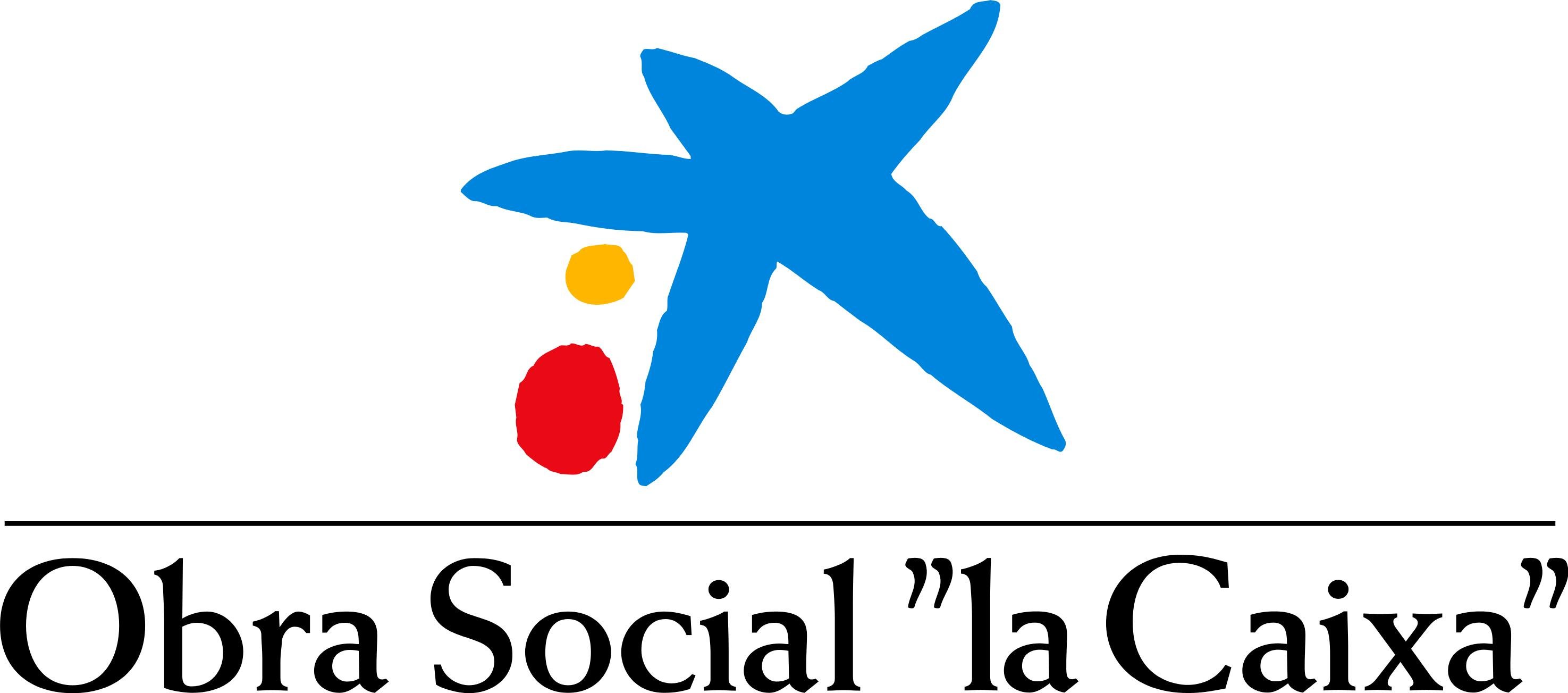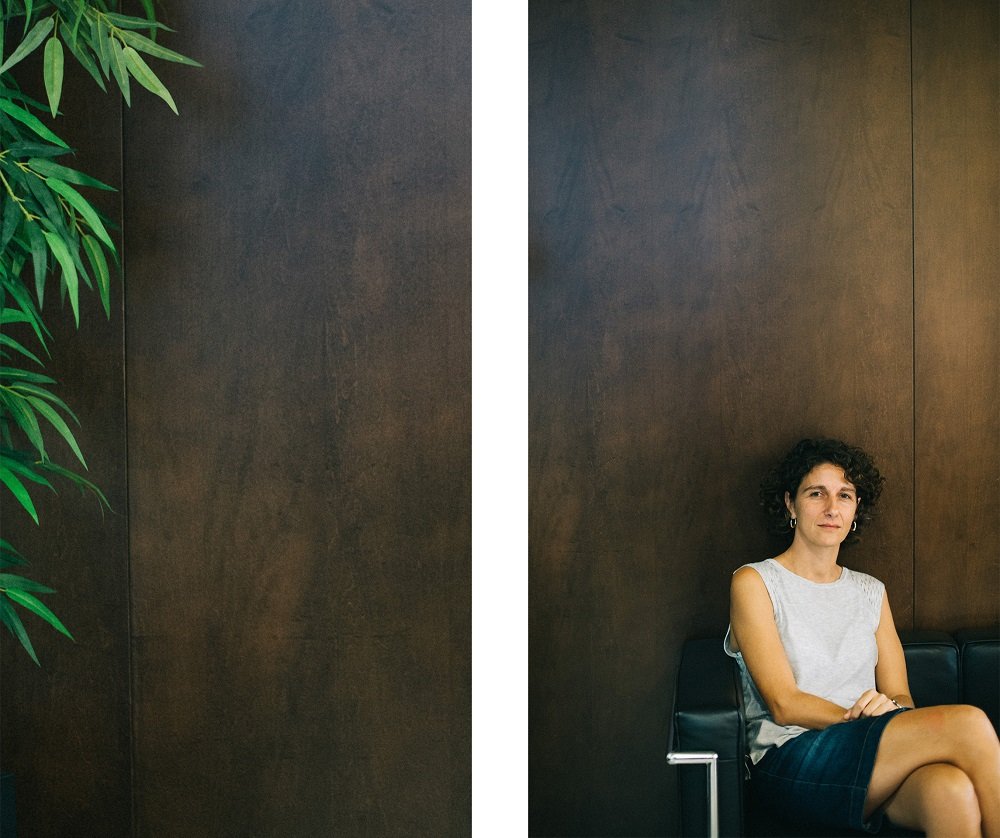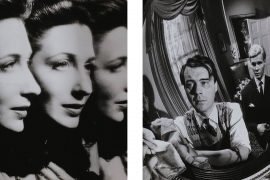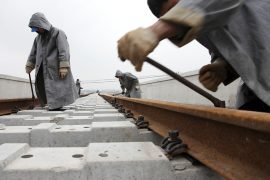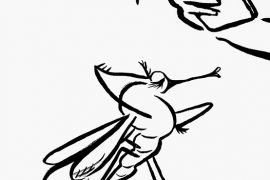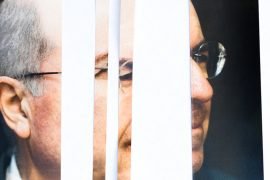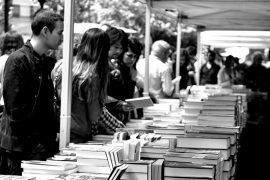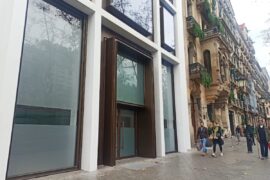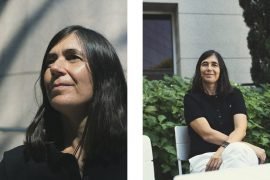Each era has had its particular relationship between knowledge and power. How do these two words relate today?
In other periods, knowledge was monopolized by monasteries, kings, libraries. Now education, at least in advanced societies, is universal. However, this does not necessarily imply more democracy, more freedom or more emancipation. It is the great paradox of our time.
We had never had so much access to so much information. However, perhaps we have never been so uncritical before. Why?
It is one of the effects of this massive access to information. We experience all this in a very uncritical way because we do not have valuation contexts. All criticism implies a relationship with a context that allows us to value ideas and knowledge, reject them, counterargument them. But today we receive a flood of ideas and, in addition, by means that rather break our experience contexts, as spectators or users of social networks. That is, we know many things that we have not experienced or know how to do it.
What characterizes the ignorance of our time and why it can be a danger to democracy?
The ignorance of our time is characterized precisely by being full of knowledge. It is a very saturated ignorance. It is not a void to fill. Therefore, it needs emptying strategies: discard everything that prevents us from seeing the world and ourselves as active subjects. And, at the same time, as we said before, it must be converted into an experience with meaning. And that also means learning to see everything we do not know among what we seem to know.
Are academic institutions still the place where knowledge is disseminated and homologated? Or is it the network, with its collaborative nature, where knowledge is really shared and amplified?
Knowledge has a lot to do with trust, because if someone tells you things but you do not have a way to believe in them, it does not generate knowledge. Today, confidence in what we know or learn is very diversified. It is not that the traditional institutions are in crisis, but that they are specializing in a type of homologation, in giving a certain type of securities with a certain type of value. It is good that the ways we learn are multiple. The problem is that they end up being closed circuits that ignore each other and even compete with each other.
As for access to knowledge, is it as universal as it seems?
It is indiscriminate. Anyone from anywhere, if you have the necessary tools (present in both poor and rich countries), you can have access. But, if that does not imply the possibility of establishing some kind of relationship with all that knowledge, it is a door without value. The paradox is created that is universal, in the sense of “open for all”, but at the same time highly unequal and not at all equitable.
“Sapere aude (Dare to know!)”, said Kant. Why is knowledge an act of courage?
I think it has to do with the fact that every act of knowledge, if it is truly true, places us in the limits: the limits of what we can know, what we know and do not know, what we can say, what we can think or not think… To see the limits, to expose ourselves to what we do not know implies a risk, but it is also a manifestation of the limits of power: if we see the limits to the set of knowledge that organize our social, religious or scientific order, we can question its foundation, its validity and its tools of domination.
To a certain extent, Kant’s phrase sounds as valid as when it was written. Have we not advanced anything since the Enlightenment?
Many things have happened. Among them, that the idea of progress through knowledge has not been validated -in scientific, technological and artistic development- as a condition for the moral development of humanity. I would say that this is the great wound of the twentieth century; a wound caused by a colonial world, that has turned into a global world and led to this war of everyone against everyone, in which we still are… All this pushes us to question the idea of progress.
How to reverse this situation and make knowledge a real engine of social transformation?
If every system of power and knowledge has its cracks or limits, we must learn to discover the limits of ours. A radically enlightened attitude, for me, is to say “we do not believe you”; to wonder where they are the fundaments and from where the narrations of this announced and reiterated apocalypse are argued -in which it seems that we are- and to rise up against them. And it is already being done in many ways. We are doing it women or populations that do not bow to the parameters of the hegemonic coloniality that has always dominated our system of knowledge. And it is also done from certain technological practices of horizontal, cooperative and transparent type. We need to lose our fear. The incredulous and combative exclamation “we do not believe you” is important.
Text: Patrizia Di Filippo
Photograph: Mònica Figueras
You can read more stories like this on ALMA, the social social media, a digital space devoted to the social field, which brings a new look at the present and the future of society, from an optimistic and diverse point of view, and from all the initiatives that “la Caixa” Foundation promote.

